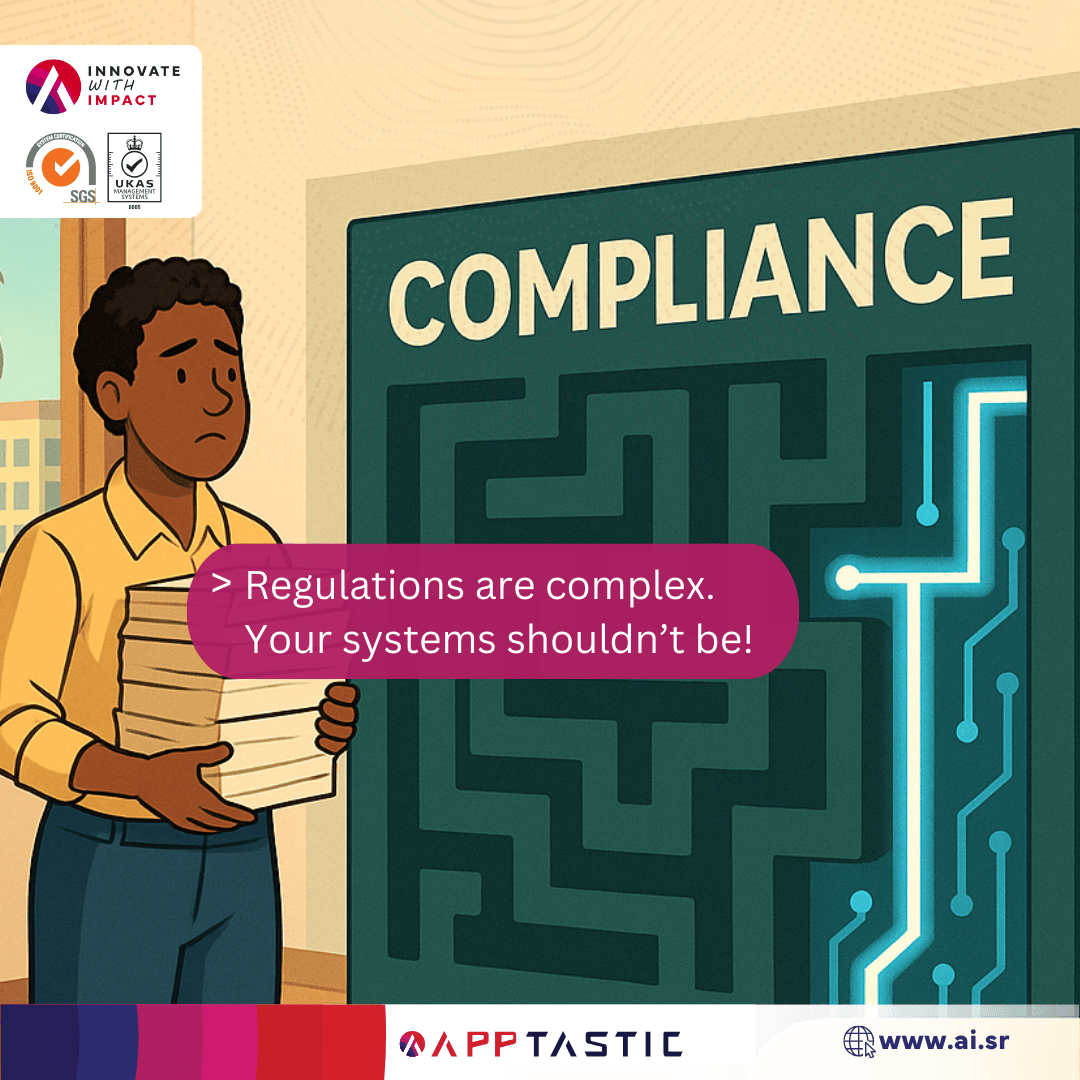Skip to content
you are here:Home*Nieuwslijn,
Publicaties*Suriname’s Green Revolution: Leveraging Carbon Credits for a Prosperous Future (Part 5)
Suriname’s Green Revolution: Leveraging Carbon Credits for a Prosperous Future (Part 5)
Kamlesh Ganesh2023-08-25T18:04:33-03:00
